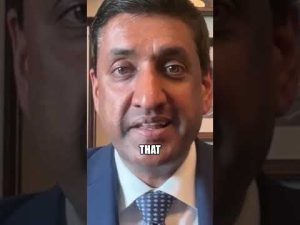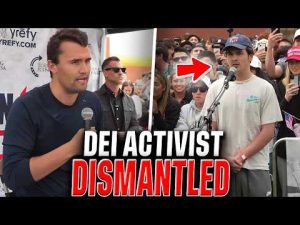In a world where it seems like safety comes second to political maneuvering, there’s a growing buzz around the controversy sparked by a U.S. judge’s remarks. It seems Judge James Boasberg has expressed some serious concerns about the President’s use of the Alien Enemies Act. He describes it as troublesome, problematic, and concerning. But hold on, it’s not as if he’s alone in having strong feelings about this issue. The administration, on the other hand, argues that the real trouble lies in harboring suspected foreign gang members within U.S. borders. Who’s right? Perhaps it simply boils down to who can hold onto the microphone the longest.
Within the span of two days, ICE made a staggering arrest of 68 Tren de Aragua gang members and organized deportation flights for about 250 alleged gang members. This has undoubtedly caused a stir, especially among those who prefer less aggressive strategies. Former FBI special agent Nicole Parker, who certainly knows a thing or two about crime, suggests that the administration’s actions are a step towards fulfilling a campaign promise of making America safe again. For a mind-bogglingly dramatic effect, she emphasized the savagery of the gang, listing rapes, murders, and assaults they have allegedly committed across the land of the free.
The idea that a judge is making attempts to resist the removal of such riotously criminal individuals may leave some rolling their eyes to the back of their heads. A more dismissive spirit might wonder if the judge has a fallback plan for when gang members start playing nice and peaceably admit their affiliations. As Parker notes, the notion that gangsters would voluntarily confess their affiliations is near ludicrous. Safety must always come first, she argues, firmly standing by the administration’s resolve to deport individuals who achieved illegal entry.
While the deportations proceed, there’s a subplot involving individuals exiled based on superficial markers, such as tattoos, who claim they aren’t part of the mayhem-loving Tren de Aragua. So now we must contemplate the complex dilemma of balancing national security with individual rights. There’s this sticky point about single-digit numbers and poor souls who may be swept up due to unfortunate body art decisions. Let’s face it; distinguishing between gang tattoos and artistic expressions during precarious deportation purges could be compared to evaluating water bottles during a drought.
Finally, the article manages to weave in the saga of Tesla, under siege by vandals across nine different states. It isn’t every day that one sees car dealerships and showrooms transformed into war zones. It’s hard not to cheer on those pushing back against such violence, with the strong-arm tactics akin to bench-worthy soap opera villains. Only, this is real life, breathing its chaotic breath on our electric chariots and crumpling legal documents that should keep them safe. All this over Tesla, the brainchild of Musk, who’s busy exposing fraud and leaving trails of triumph with innovation. America looks on, perhaps with popcorn in one hand, contemplating if the indelible stain these acts of domestic terrorism leave will wash out or remain as eternal marks on an ongoing legal drama.







